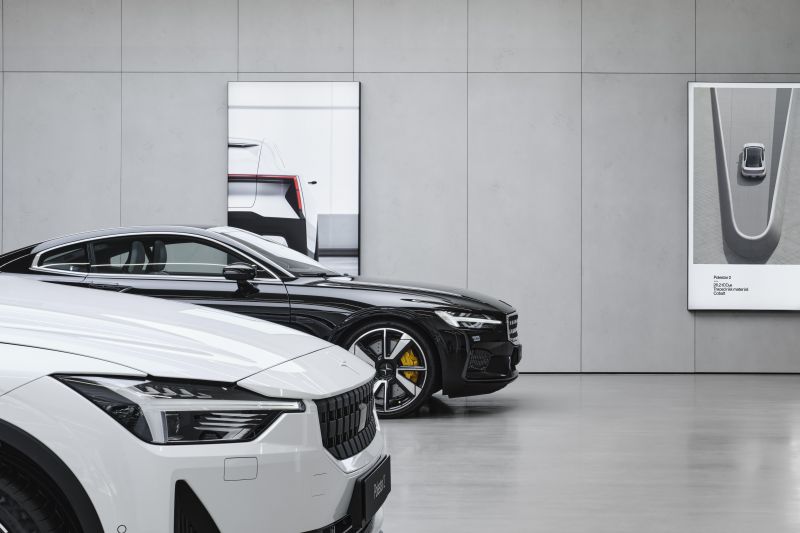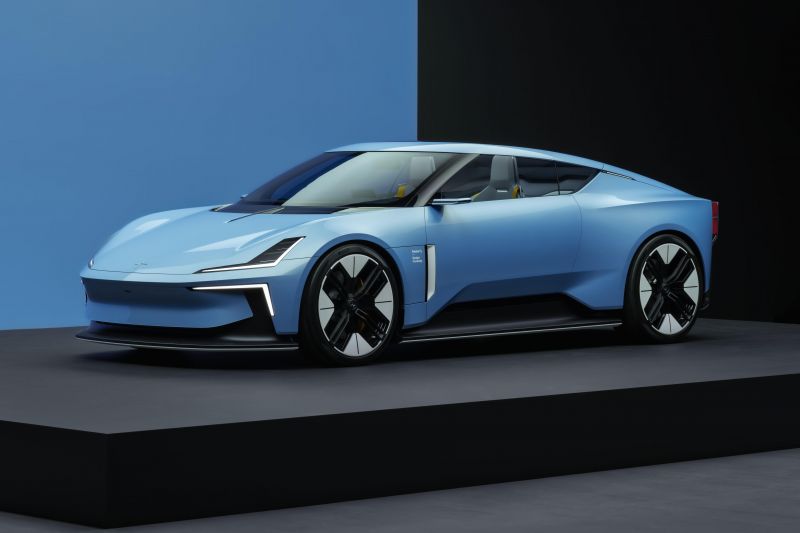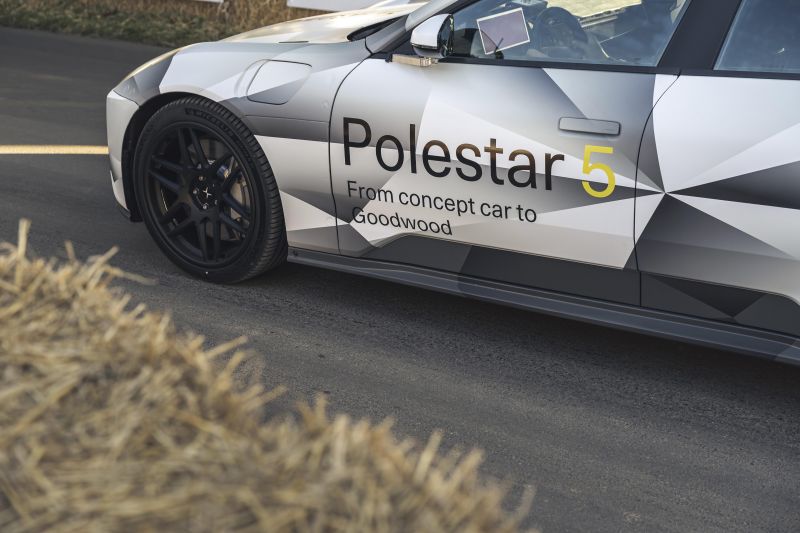All good startups need a point of difference. Polestar, the publicly-listed EV brand started by Volvo and Geely, has for some time now said it wants to make a climate-neutral car.
This week it said its “moon-shot” – cringe – ‘Polestar 0’ project, announced in April 2021, was being accelerated as 12 new suppliers with similar goals joined the project.
Polestar stipules it wants to produce a climate-neutral car by 2030, excluding the purchase of offsets (AKA cheating). The company says it feels compelled because the transport sector is the fastest-growing greenhouse gas-emitting sector.
The scope of the project is to identify and eliminate all greenhouse gas emissions from the extraction of raw materials to when the car is delivered to the customer, as well as the end-of-life handling.
“The real potential of electric cars will be fulfilled when we as an industry can say goodbye not just to tailpipe emissions, but production-related emissions as well,” said Polestar CEO Thomas Ingenlath.
“We made a bold commitment 18 months ago when we launched the Polestar 0 project, and these strong partnerships show the steady progress towards our goal.”
Each partner/supplier in the Polestar 0 project will focus on certain materials, components and processes involved in the production of cars. New partners listed below cover areas such as plastics, composites, chemicals and metals.
Polestar 0 project leader, and former Polestar R&D chief, Hans Pehrson said time was of the essence.
“Our new partners will help develop solutions that don’t currently exist and they embrace the challenge of finding new technologies. The next five years will be critical, and we need partners that will engage with the Polestar 0 project to ensure its success,” he said.
“We will also see spin-off effects across various industries when we address the challenges in the automotive sector with innovation and the development of climate-neutral supply chains throughout a wide array of base industries.”
The timeline for launching a car in 2030 means the advanced research needs to be completed by 2025, when work with the car’s architecture begins, Polestar said.
By 2027 the final vehicle project is slated to start, which means that the application of research and advanced engineering required to take a project into industrial production needs to be completed before this time.
Polestar has also just opened a second call for collaboration, targeting “transformative solutions for new technologies to create man-made materials without any GHG emissions in the field of minerals and metals, bio-based chemicals and plastics, and other base materials”.
New partners and their focus areas in the Polestar 0 project
- Pensana: Independent and sustainable supply of rare earth materials
- Boliden: Copper and other metals
- PaperShell: Advanced fibre composite based on paper
- Sekab: Bio-based chemicals
- Bulten: Fasteners
- Hexpol TPE: Soft polymer compounds, TPE
- Plasman: Manufacturer of bumper-fascias, grilles, exterior trim, and subsystem components
- YFPO: Bumpers and similar materials
- Ovako: Engineering steel from 100 per cent carbon-neutral operations and 97 per cent recycled content
- Mistra Carbon Exit: Research consortium with objective to analyse and demonstrate how supply chains of buildings, infrastructure and transportation can be transformed and decarbonised
- Stilride: Green metal manufacturing and mobility through proprietary STILFOLD technology, dubbed “industrial origami”
- GG Group: Sustainable cables and harnesses
Partners previously signed up include
- SSAB: Fossil free steel
- Hydro: Zero-carbon aluminium
- Autoliv: Safety equipment
- ZF: Electric powertrain and overall systems










